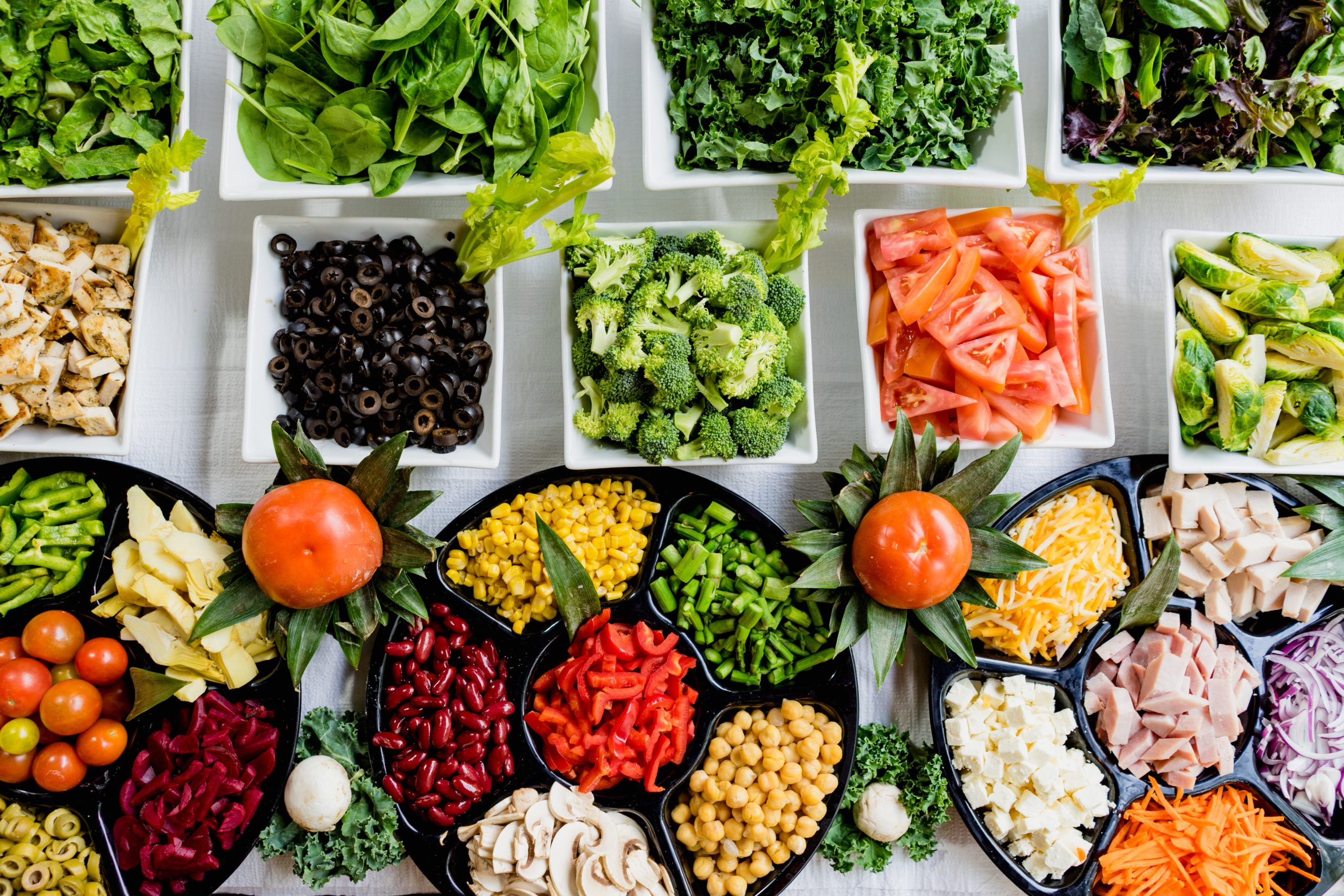If you live in an area where food is readily available, it’s possible to forget that not everyone has quick and easy access to food.
Across America, not everyone has access to fresh foods, and thus they live in what’s known as a food desert – an area with limited access to quality, affordable food.
Our friends at Sustainable America have created a toolkit to serve as a starter guide for fostering a more robust local food system in communities all across the country.
Industrial Food Systems
First, let’s define what exactly a food system is before we discuss the differences between industrial and local food systems.
A food system describes the network of parts required to grow, process, transport, store, sell, and consume food. The various types of food we consume daily go through quite a long journey from farmers to the tables of individual families.
Industrial food systems are the large mechanisms used to do all of the food system activities as a way to bring food to as many people as possible.
These more extensive systems enable us to have almost any kind of food we desire whenever we want it, and the production of food is ramped up, which brings cheaper food to more significant numbers of people.
However, there are tradeoffs with using industrial food systems. These include:
- Waste of energy from food being shipped worldwide which requires a high level of fossil fuel use.
- Chemicals are used in the food to preserve it during its travels. Chemical preservatives, pesticides, herbicides, and antibiotics for crops and animals to prevent diseases and pests are often unhealthy for humans to ingest.
- “Ugly” foods are removed from grocery store shelves even though they are perfectly healthy and fresh just because their appearance makes them unsellable.
Rather than rely on industrial food systems to bring food to our local communities, residents of those communities can focus on local food systems to get them the nutrition they need.
Support Local Food Systems
Smaller local food systems can do everything that industrial food systems can do. It is just done on a much smaller scale.
There are many benefits of the small scale in terms of sustainability because it requires fewer systems and less planning to get fresh food to the residents of local communities.
Food produced and sold within a local food system is usually fresher and healthier because it is sold at its peak ripeness. Additionally, it requires fewer to no preservatives or chemicals because transportation concerns do not exist.
Local communities can also have access to specialty foods and varieties that may not be accessible on a larger scale.
Local food systems are quite beneficial for the local economy because they support local businesses and workers rather than giant corporations that do not contribute to a local economy.
The local food system provides a great sense of community, opens opportunities to access, and can provide flexibility and reliability during a crisis. Although the food may be a bit more expensive, you can be rest assured that you are supporting the local community.
Join the Initiative to Build a Better Local Food System
If you are interested in spreading awareness of investing in local food systems, please download Sustainable America’s food system toolkit.
Sustainable America is dedicated to helping those who are interested in being a part of building a better local food system and a sustainable food and fuel future. They want to help you support your local food systems and provide your community access to fresh, healthy foods that benefit your economy as well.


